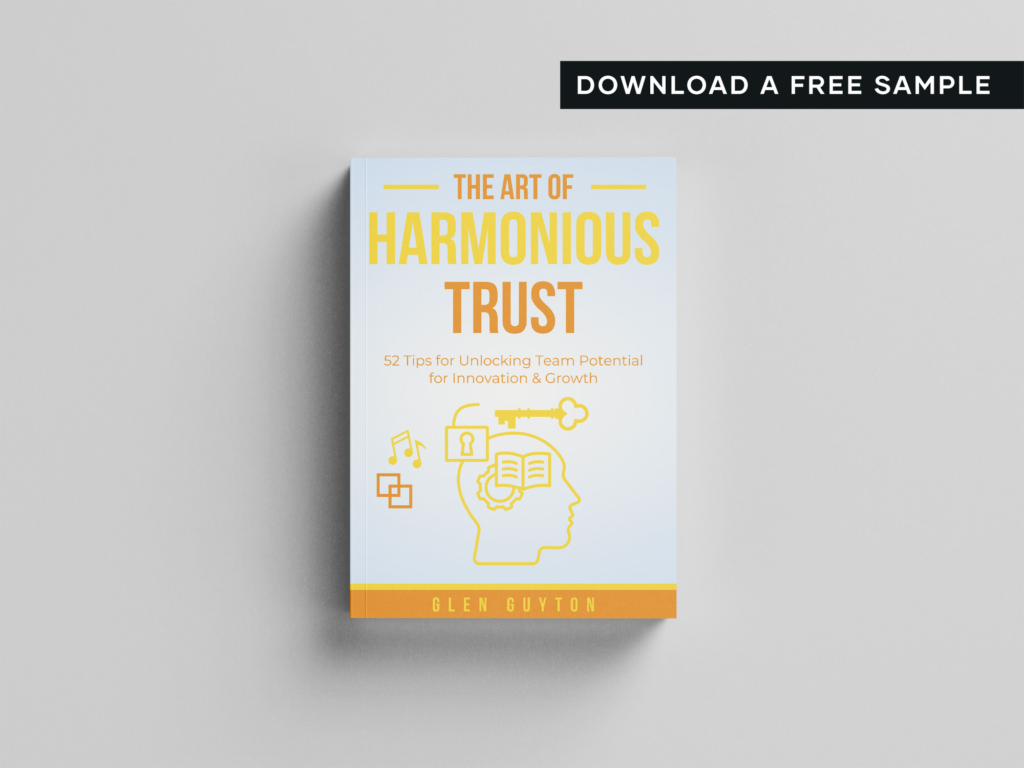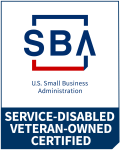Effective organizations must navigate the complexities of intercultural competency to achieve their missions successfully. The Intercultural Development Inventory (IDI) provides a framework for understanding an organization’s cultural competence.
What is the IDI (The Intercultural Development Inventory)?
The Intercultural Development Inventory, or IDI, is a comprehensive assessment tool that measures an individual’s or organization’s intercultural competence. It provides valuable insights into how people and groups perceive, interact with, and adapt to cultural differences. The IDI assessment is rooted in the belief that diversity and intercultural competence are essential for achieving organizational excellence, fostering innovation, and promoting inclusivity.
Improve Cultural Competence & Facilitate Organizational Change
The IDI serves as a roadmap for organizations to become more culturally competent and inclusive. Here are six ways the IDI can be used to facilitate changes in organizational behavior:
- Awareness and Assessment: The IDI starts by assessing where individuals or organizations fall on the intercultural developmental continuum. It helps identify their current level of cultural competence, whether it’s in the Denial, Polarization, Minimization, Acceptance, or Adaptation orientations. Orientational awareness is crucial as it lays the foundation for change.
- Setting Goals: Once organizations understand their current orientation, they can set specific, measurable, and actionable goals for improvement. For instance, if an organization is in the Minimization orientation, their goal might be to seek diverse perspectives in decision-making actively.
- Tailored Training and Development: Armed with the IDI assessment, organizations can design customized DEIB training programs and initiatives. These programs target the specific needs of individuals or groups based on their orientation, helping them build cultural competence effectively.
- Fostering Accountability: The IDI enables organizations to track their progress. It holds individuals and groups accountable for their commitment to cultural competence and DEIB efforts. Regular assessments help measure growth and identify areas that require further attention.
- Creating Inclusive Policies and Practices: Organizations can use insights from the IDI to develop inclusive policies, practices, and strategies. This includes changes in recruitment, promotion, and decision-making processes that align with the organization’s cultural competence goals.
- Promoting Inclusivity: The IDI encourages organizations to actively engage with diverse communities internally and externally. By integrating diverse perspectives into their operations, organizations can become more innovative and responsive to the needs of a diverse stakeholders.
By assessing their current state, setting goals, tailoring training, fostering accountability, and promoting inclusivity, organizations can use the IDI to drive meaningful changes in their organizational behavior, ultimately creating a more diverse, inclusive, and equitable workplace for all.

Glen Guyton, is a seasoned professional and a qualified administrator of the Intercultural Development Inventory (IDI).
With years of experience in fostering diversity, equity, and inclusion within organizations, Glen brings a wealth of expertise to the table.
If your organization is seeking to embark on a transformative journey towards greater intercultural competence, reach out to Glen to help your organization thrive in today’s diverse and dynamic landscape.




